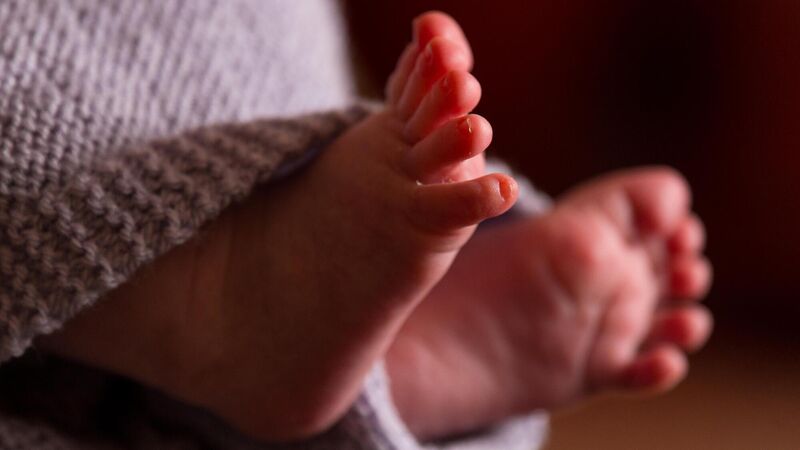New HSE immunisation programme to protect newborn babies against RSV

The initiative will be offered free of charge to all newborns in maternity hospitals before they are discharged and has been approved by the European Medicines Agency.
A new HSE immunisation programme will aim to reduce the number of newborn babies that require hospitalisation as a result of respiratory syncytial virus (RSV).
The programme will offer parents who give birth between September 1, 2024, and February 28, 2025, the chance to give their babies a new monoclonal antibody immunisation, which the HSE says is the best way to protect against RSV.













